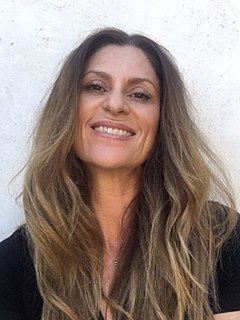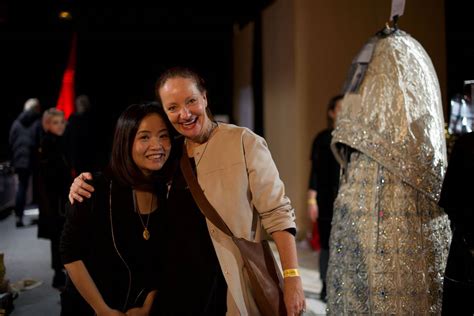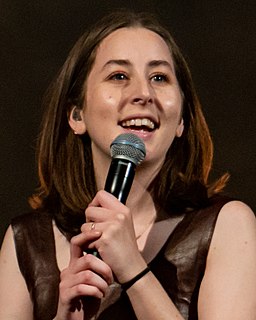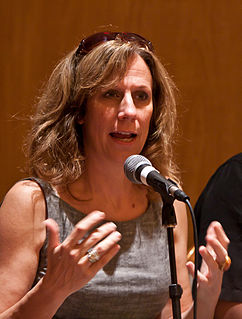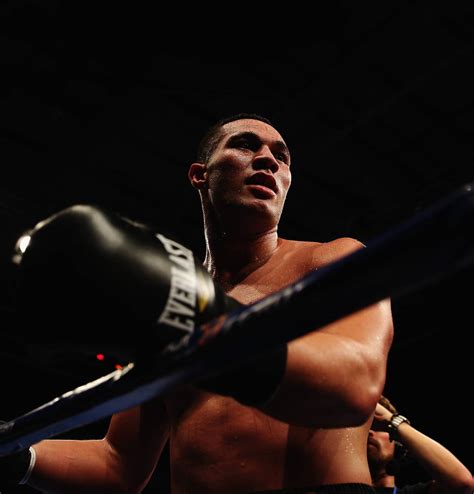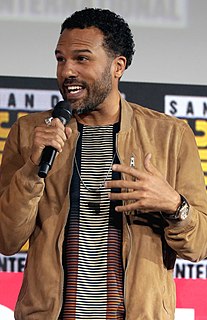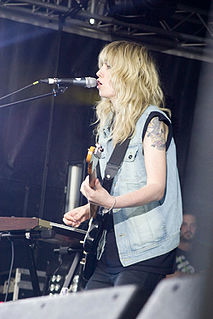A Quote by Niki Caro
I don't see myself as a crusading feminist filmmaker. Not at all. I have the luxury of coming from New Zealand and I've had moments in my life where being female is considered to be a tremendous advantage - emotionally, career-wise.
Related Quotes
I don't see myself as a crusading feminist filmmaker. Not at all. I have the luxury of coming from New Zealand and I've had moments in my life where being female is considered to be a tremendous advantage - emotionally, career-wise. Personally, I have nothing to prove. But I'm tremendously curious about human nature. Female life is so incredibly underexplored in cinema, so these stories feel very exotic.
I grew up in a world where authority was female. I never thought to call myself a feminist because of branding. I had this skewed idea of feminist: I thought it meant being a woman who hates men. When I read Chimamanda Ngozi Adichie's We Should All Be Feminists, I was like, "Oh, this is what my mom taught me. This is simple. I don't understand why everybody is not this."
I would say any film can be called feminist that has female characters who have agency in their life, that are in charge of their fate or do important things or take up half the space. I would consider a film feminist, I don't care what it's about, but if the cast was gender balanced, where it would be just as likely that the boss or the best friend or whoever was female. It's really as simple as showing women being in charge of their destiny and giving female characters a voice.
